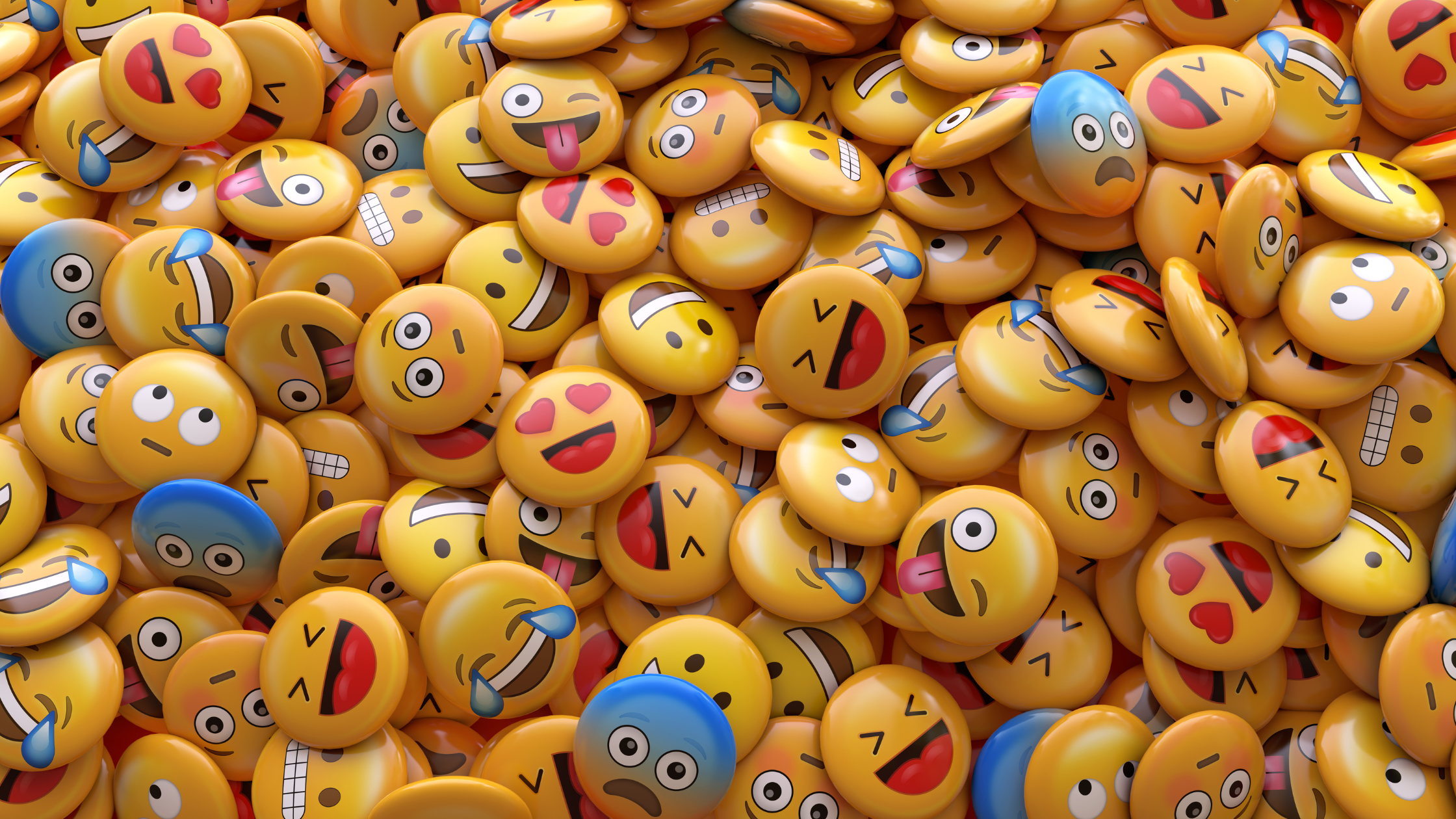A Parent’s Guide To Decoding the Digital Chatter: What Your Kids Are Really Saying Online

The digital world is a vibrant playground for kids, but it’s also where they develop their own unique language. Emojis and acronyms, while seemingly harmless, can form a “secret code” that parents often struggle to understand. Deciphering this code is essential for keeping our children safe and engaged in meaningful, protective conversations about their online lives.
Emojis: More Than Just Pretty Pictures – A Window into Their World
Emojis have evolved beyond simple expressions. They’re now used to convey complex emotions, sarcasm, and even hidden meanings.
- Innocent Use:
- 💀 (Skull): Often used to express extreme laughter or “dying” from something funny, not literal death.
- 🤡 (Clown): Used to indicate someone is foolish or being mocked, often playfully.
- 👀 (Eyes): Can mean “I’m watching” or “I see what you did there,” indicating awareness.
- Concerning Use:
- Drug Emojis:
- 🔌 (Plug): Drug dealer.
- ❄️ ⛄️ 🐡 (Snowflakes, Snowmen, Blowfish): Cocaine.
- 🐶 🍋 🍉 🍎 (Dogs, Lemons, Watermelons, Apples): Cannabis.
- 🪴 🌿 🌳 (Tree Emojis): Cannabis.
- Sexting Emojis:
- 🍆 (Eggplant), 🍑 (Peach), 🍌 (Banana), 💦 (Water droplets): Used for sexual innuendo.
- Combinations like 🍆🍑💦 are used for explicit messages.
- Coloured Hearts:
- ❤️ (Red): Love.
- 💜 (Purple): Sexual desire.
- 💛 (Yellow): Flirting or “I’m interested, are you?”
- 💖 (Pink): “I’m interested, just not in a sexual way.”
- 🧡 (Orange): Friend-zoned.
- Facial Expressions:
- 🥴 (Woozy Face): Drunkenness, sexual arousal, discomfort.
- 🥵 (Hot Face): Crush alert or strong attraction.
- 🙃 (Upside-Down Face): Annoyance or sarcasm.
- 🤡 (Clown Face): Feeling like a fraud or being mocked.
- 🥶 (Cold Face): Used after a “savage” or harsh comment.
- 😈 (Smiling Face with Horns): Feeling mischievous or naughty.
- 🤤 (Drooling Face): Sexual desire.
- 👀 (Eyes): Implies seeing something explicit.
- Drug Emojis:
The Acronym Alphabet: Decoding Online Slang – Beyond Simple Shortcuts
Acronyms are a quick way for kids to communicate, but they can also be confusing for adults, and like emojis, they possess a dark side.
- Innocent Use:
- SMH (Shaking My Head): Expresses disbelief or disappointment.
- IKR (I know, Right?): Used to agree strongly.
- FOMO (Fear of Missing Out): Describes anxiety about missing social events.
- NSFW (Not Safe For Work): Indicates content that is inappropriate or explicit.
- POS (Parent over Shoulder): A child warning their friends that an adult is watching them.
- Concerning Use:
- Substance Use:
- 420: Marijuana.
- Molly: MDMA or ecstasy.
- pre-ing: Pre-drinking (consuming alcohol before going out).
- Wavey: Drunk or high.
- Wired: Drug-induced paranoia.
- Mental Health:
- #ana: Anorexia.
- #deb: Depression.
- #sue: Suicide.
- #svv: Self-harming behaviour.
- #thinsp: “Thinspiration” (promoting unhealthy eating habits).
- Sexual Activity:
- CU46: “See you for sex.”
- FWB: “Friends with benefits.”
- FYEO: “For your eyes only.”
- GNOC: “Get naked on camera.”
- IWSN: “I want sex now.”
- NIFOC: “Naked in front of computer.”
- “Down in the DM”: Planning sexual encounters through direct messages.
- Hooking up: Having sex.
- Smash: Casual sex.
- Thirsty: Desperate for sexual attention.
- Substance Use:
Tips for Parents:
- Open Communication: Ask your child to explain the emojis and acronyms they frequently use. Encourage open conversations about their meanings and context.
- Shared Glossary: Create a shared glossary with your child. Make it a fun activity to learn new acronyms together.
- Stay Vigilant: Be aware of the “darker” side of emojis and acronyms. They can be used to hide harmful messages related to drugs, sex, self-harm, and more.
- Monitor Activity: Stay vigilant and monitor your child’s online activity. Use parental control tools.
- Educate: Have open discussions about online safety, especially regarding these potentially harmful emoji and acronym uses.
How Social Kids Can Help:
Social Kids understands the challenges parents face in the digital age. We provide resources and workshops to help you understand the online world, navigate tricky conversations, and keep your children safe. Importantly, Social Kids is dedicated to equipping foundation phase children with the skills to protect themselves online before they reach their teens, fostering a foundation of digital safety.
Decoding the digital chatter is an ongoing process. By staying informed, engaged, and communicating openly, we can help our children navigate the online world safely and responsibly.
Download our FREE Guide to Emojis, Acronyms, and Online Slang for more detailed examples that will help you understand the digital world our children are playing in.
